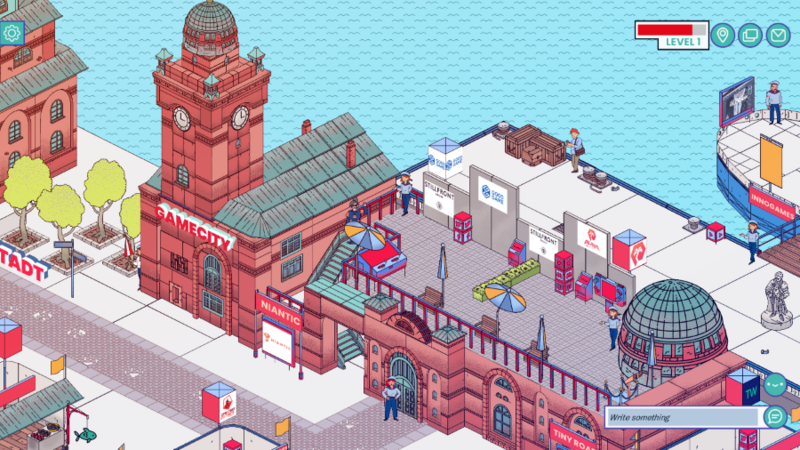All these great expectations are being discussed in addition to the meaning of the immersive experience. "That has always been the case with new technologies; the first computers or the economic benefits of social media platforms were also viewed sceptically initially," El-Meligi stressed and cited the Gartner Hype Cycle for Emerging Technologies, which analyses the development of technology trends. Notably, a long period of time elapses before an innovative technology actually earns money. "The journey goes from hype to the valley of disappointment to the plateau of productivity. At the moment, we are only at the start of this journey and will only see a larger number of advanced metaverses in two to three years," he pointed out. Now is the time for companies to identify their potential use cases. "Metaverse solutions are complex platforms that need to be designed and operated. Rapid evolution and growing relevance are the thanks for this attention," said Anna Meissner, Director Interactive Storytelling at Demodern.
The global metaverse market could grow to a good USD 936 billion by 2030, the Grand View Research company has forecast. A compound annual growth rate (CAGR) of 41.6 per cent can be expected in view of rising demand especially in the media, entertainment, education, aerospace and defence sectors. "The metaverse is not just a product, but an entire thematic universe that facilitates an entirely new user experience. Nobody knows exactly what this will look like in future, but we can all shape it actively," said Alexander El-Meligi, joint founder of Demodern, an agency for creative technologies with branches in Hamburg and Cologne.
Advanced metaverses in two to three years
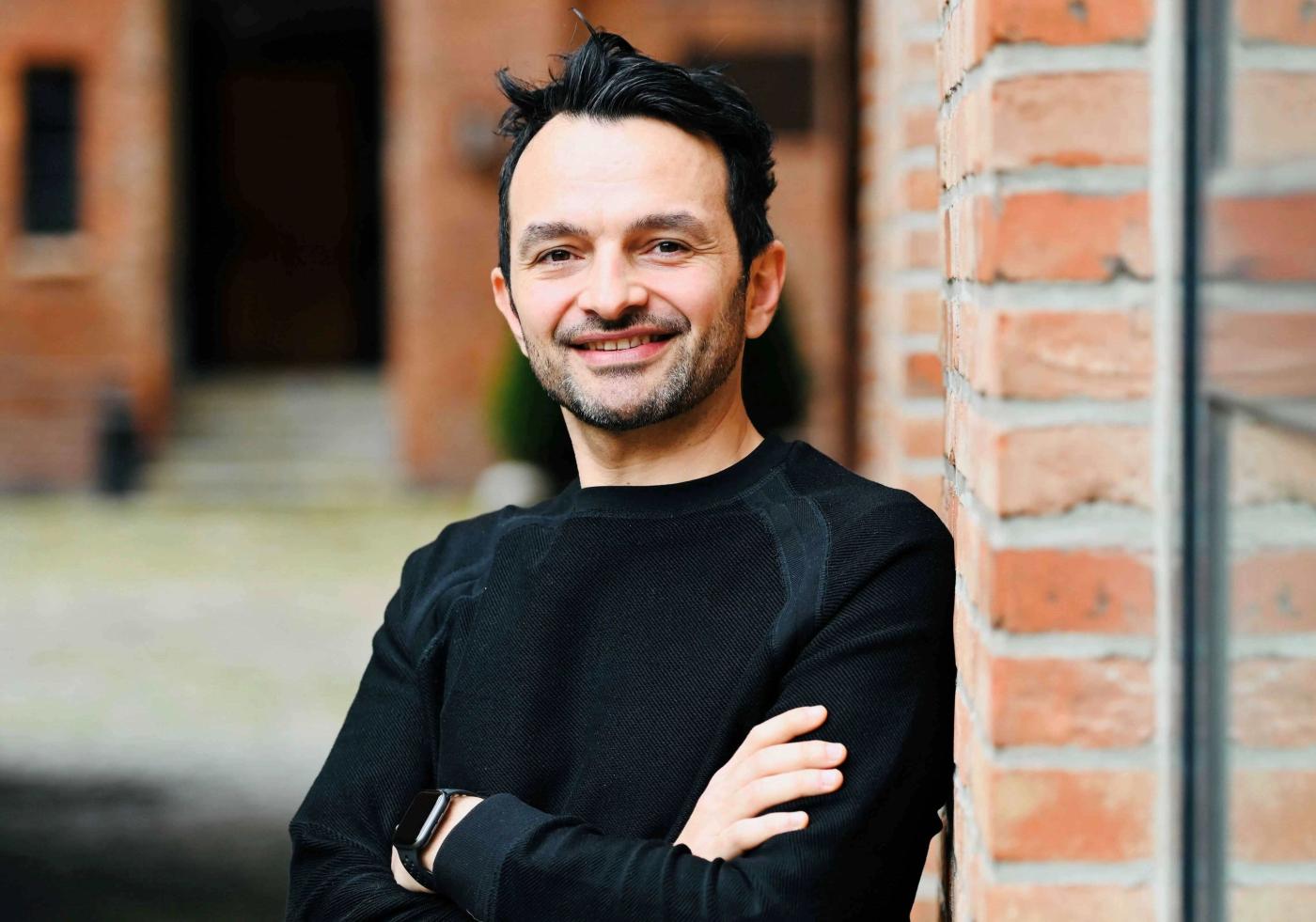
Current use cases
PwC Germany is among the companies testing the metaverse on the recently launched-business platform 'Virtual Spaces', which Demodern helped develop. The solution allows clients, partners and employees to enter virtual spaces via avatars and collaborate across companies. "The metaverse is a large, rapidly-growing market. We are still at the very beginning. But the German business community has realised that it is time to act. We at PwC are slowly introducing working in virtual spaces. We can then pass on our experience to our clients," said Clemens Koch, Member of the Management Board and Head of Markets & Financial Services at PwC Germany.
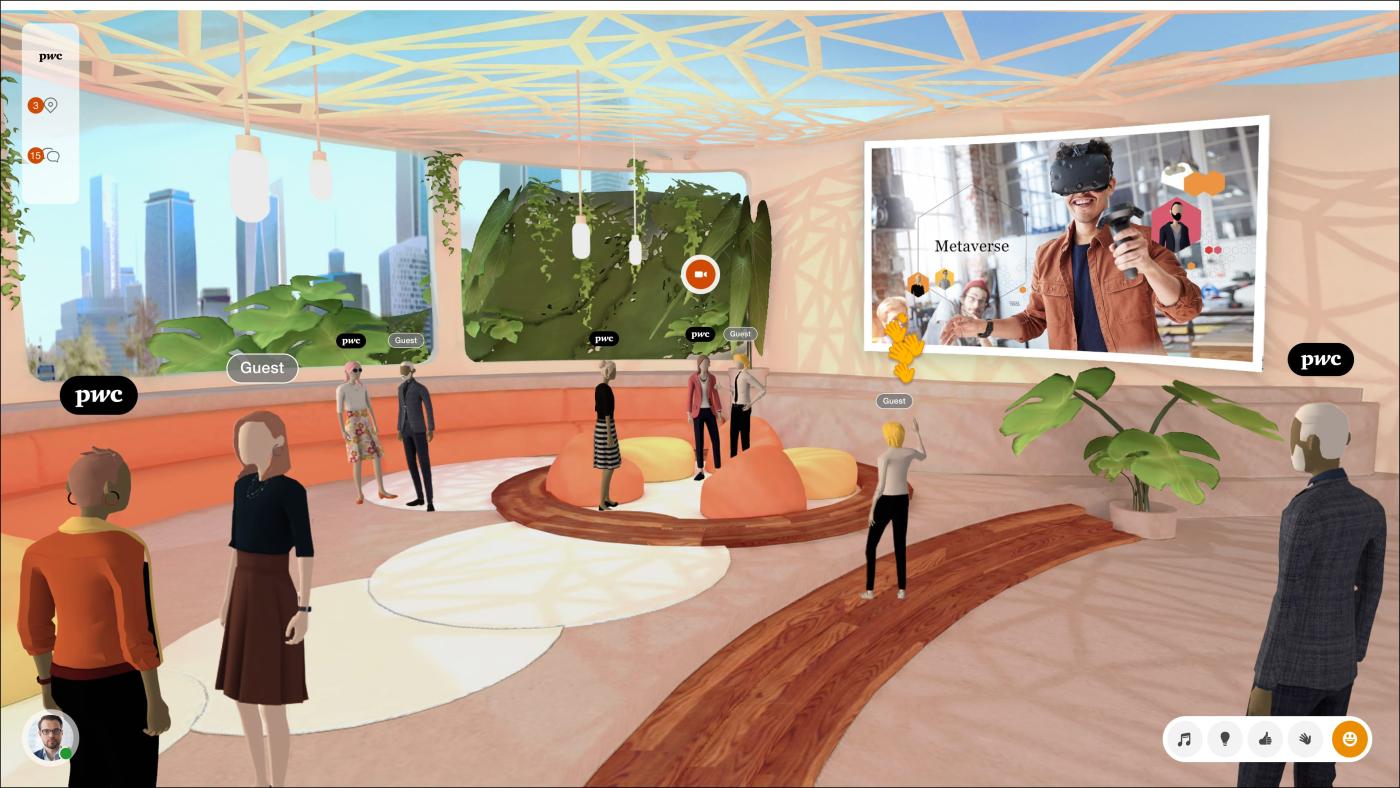
Work, learning, fun and belonging
The Virtual.rain.haus, which Demodern developed for the Hamburg-based agency Modulr.design is another example. The space is modelled on the real Rainhaus co-working space in Ottensen and is sustainably hosted on green servers. Users come together to work, find information or to further their education. "Spaces like that have a global reach and create a sense of belonging without having to be physically on site," said El-Meligi. Meetings, workshops, educational activities or product presentations held in the metaverse could leave a lasting impression as interactive 3D experiences, especially when combined with entertaining elements. An example would be organising a concert after a conference.
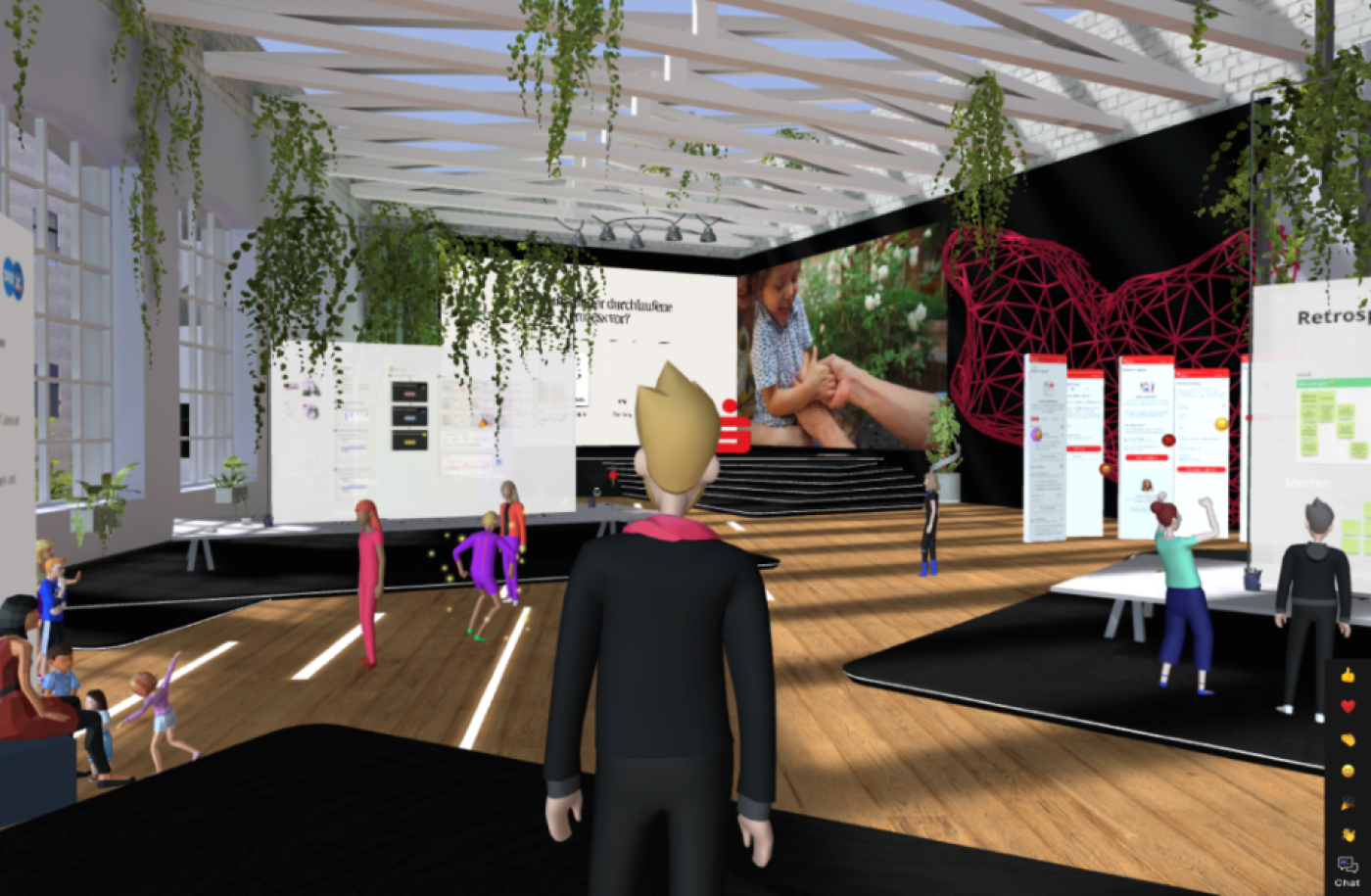
Experience the future virtually
The public is definitely showing interest in virtual worlds, said Anna Meissne citing the Miniverse developed for BMW as an example. "That is a show car or a vehicle that is not yet for sale. It exemplifes how BMW wants to build cars in future - namely electric and based on the circular economy and with a legendary go-kart feeling. We took the vision of the Mini Concept Aceman as the basis for the virtual world. So you can drive the Mini Concept Aceman through its own world. That's only possible in the metaverse." Users explore the Miniverse together and share information via chat and emoji functions. "We presented the application at Gamescom 2022 - and it was very successful. Almost a quarter of a million users were at home on tablets, smartphones and computers."

3D worlds for Gen Z and Alpha
The metaverse is paving the way for a new kind of storytelling, Meissner stressed. "We all have to learn to think of the internet in three dimensions, socially and persistently because that opens up new potential and opportunities." Although baby boomers may need time to get used to this, acclimatisation comes naturally to Gen Z or those born between 1997 and 2012 and even moreso to Generation Alpha or those born between 2010 and 2025, El-Meligi pointed out. "They move naturally in different 3D worlds and soon find websites in 2D boring." Fortunately, companies can adapt to these target groups. "Gen Z are digital natives and have been on online all their lives. We know more about them than about any other target group previously."
ys/sb/pb
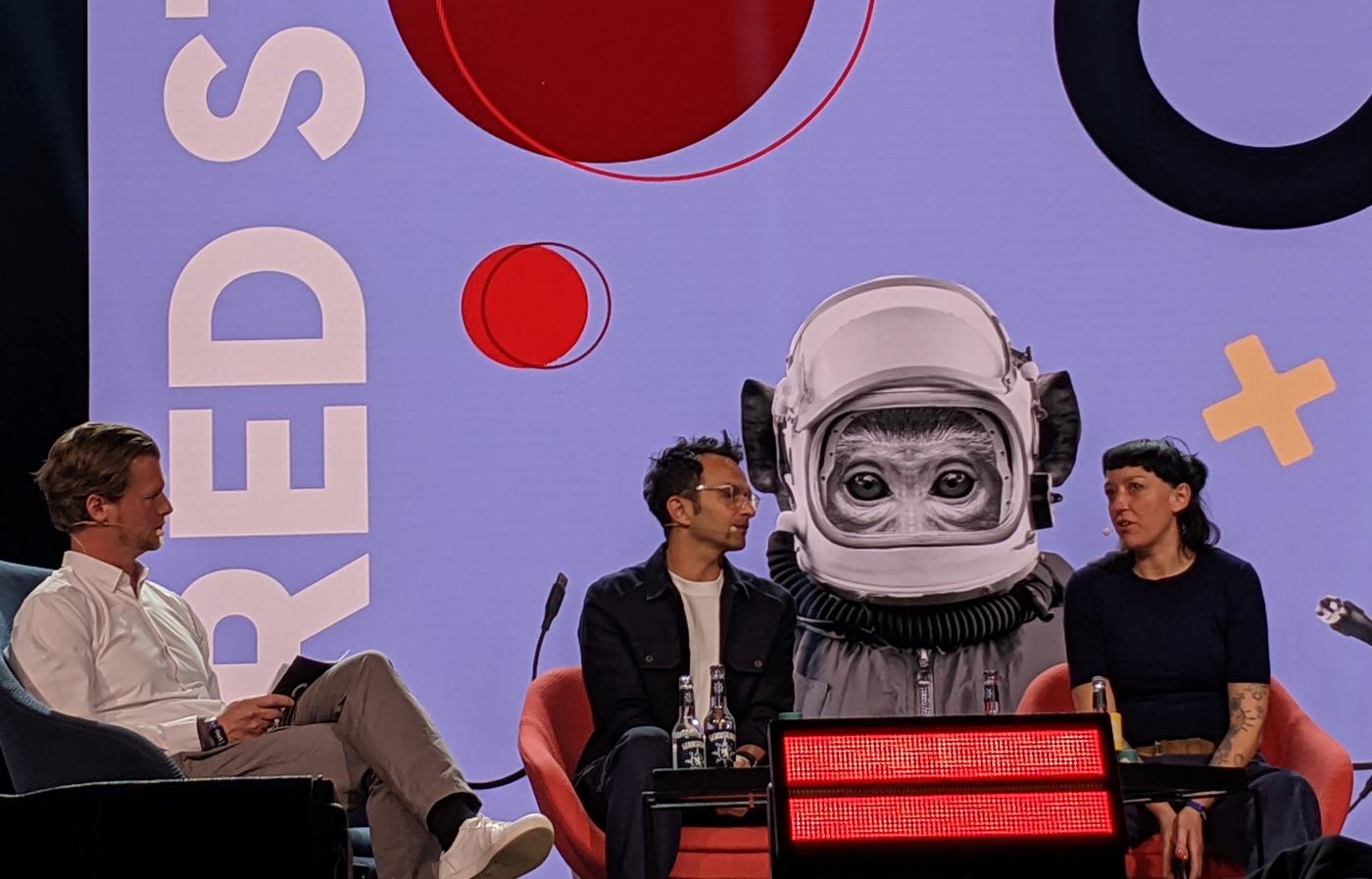
Sources and further information
More
Similar articles

OMR highlights superpowers of digital marketing

Seven key mega trends shaping technological progress

Three promising fields of application for generative AI
